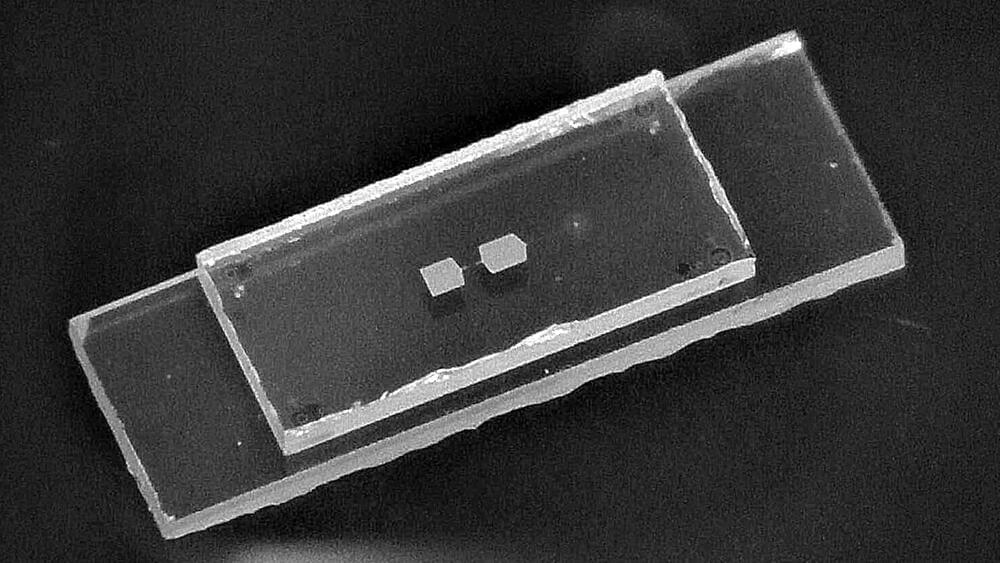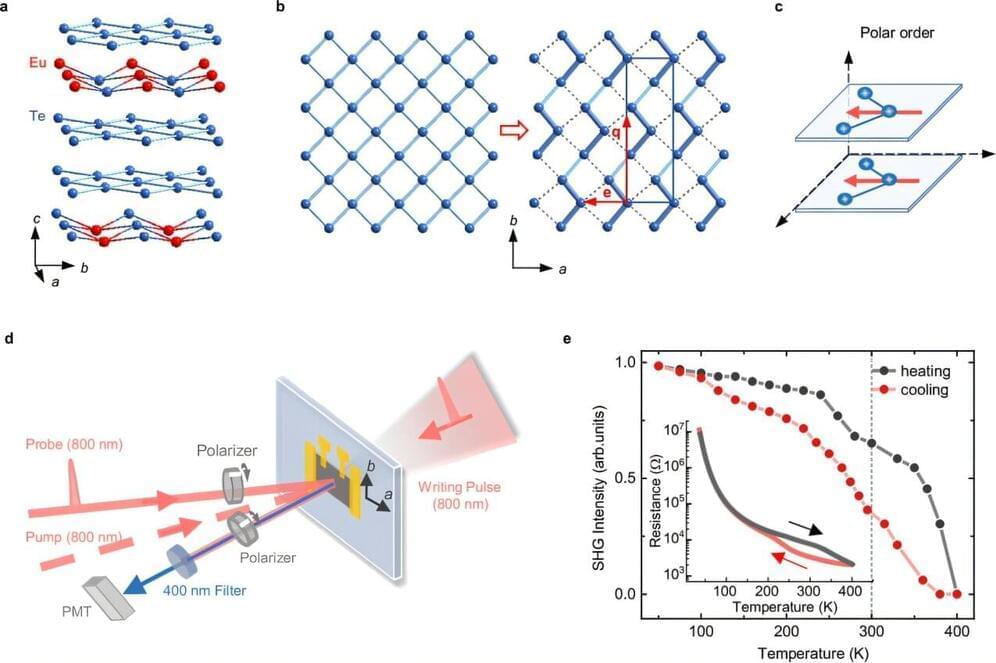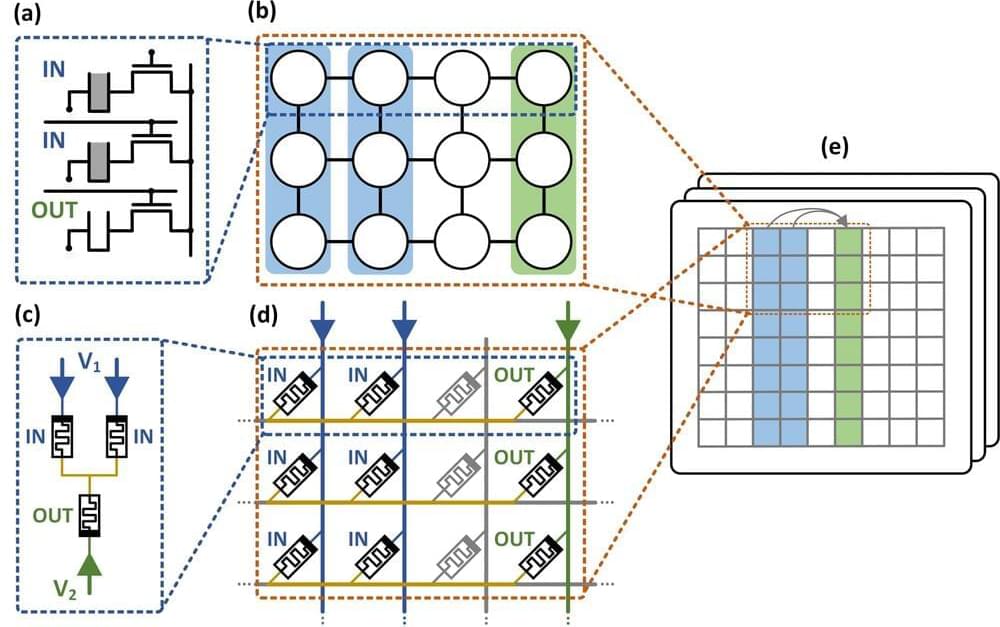
The Semperis Hybrid Identity Protection conference kicked off today in New Orleans, gathering identity security experts, practitioners, and thought leaders to explore the evolving world of hybrid identity. This year’s conference, more relevant than ever, highlights a fundamental shift in how organizations approach identity—not just as a tool for managing user access but as a critical layer of cybersecurity that shapes an organization’s defensive posture. In an era of remote work, cloud adoption, and advanced cyber threats, identity has become the new perimeter, making events like HIP essential for fostering innovation, resilience, and collective knowledge in the industry.
Historically, identity management was an IT utility—a straightforward way to grant employees access to necessary resources. However, as digital transformations swept through organizations, the role of identity shifted dramatically. Identity is now central to security strategies, especially with the explosion of SaaS applications, remote access, and mobile workforces. For many organizations, identity is not just about provisioning accounts; it’s the first and last line of defense against unauthorized access and data breaches.
This transition has led to a realignment within organizations, where identity management is increasingly overseen by CISOs rather than traditional IT teams. CISOs recognize that identity management is a security function with direct implications on risk mitigation, compliance, and resilience.

















